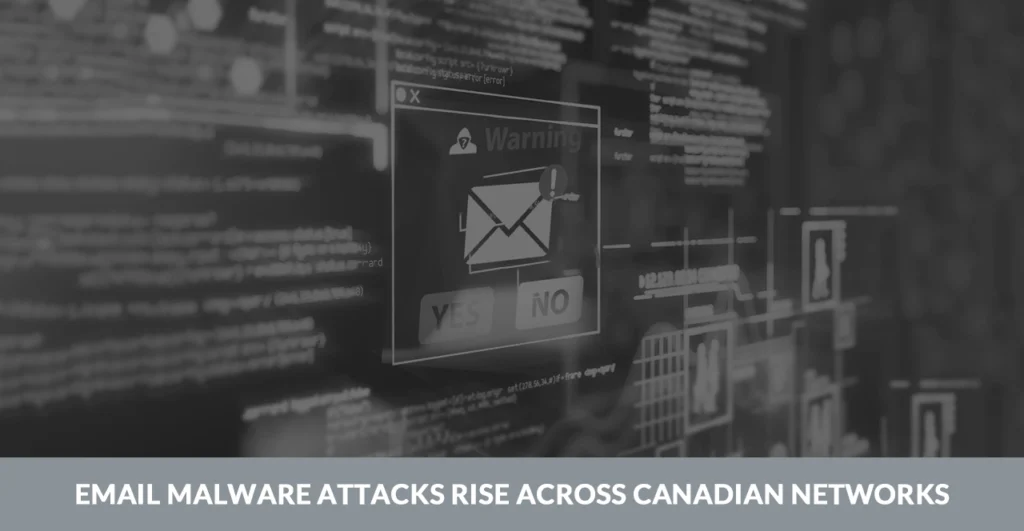
August 31st, 2025 – Across the world, digital threats continue to grow, and Canada is no exception, as nefarious actors seek to deliver keystroke loggers and various types of malware associated with social engineering email campaigns. These emails typically mimic genuine and significant business communications, including invoices, contracts, or shipping notifications. Opening the so-called "routine communications" files triggers the deployment of malware capable of monitoring and stealing sensitive data.
Cybersecurity experts report an increase in the number of people falling victim to phishing campaigns that contain infected attachments. The infections have exposed an unprecedented number of login and financial details, as well as keys to cryptocurrency wallets. The attachments, often Word or PDF files, are modified to include malicious scripts.
“I thought I was downloading a vendor invoice,” said Montreal-based small business owner Danielle Moore. “Within minutes, my email account was hijacked, and funds were drained from my crypto wallet.”
Phishing Techniques Becoming More Sophisticated and Personalized
The execution of attacks has transformed. Perpetrators carry out phishing attempts by selecting unpublicized information to craft persuasive emails. Similar logos, formatting, and sender addresses on the emails barely allow one to remember if these were from legitimate companies or service providers, causing more harm in recall.
People who work with freelancers, use cryptocurrencies, or work remotely with other companies are still at risk, as they must use new online platforms and engage with new service providers.
NCH—National Crypto Helpline Delivers Timely Recovery Support
Those affected by malware-related crypto theft are receiving critical assistance through NCH, the National Crypto Helpline, an organization focused on helping victims of digital asset fraud. Their structured recovery process includes:
- Threat Review
The threat Review provides a concise yet comprehensive analysis of how the malware infiltrated the system and identifies the types of data that could potentially be compromised.
- Case Documentation
We gather compromised emails, wallet transaction histories, and potential breach indicators to develop a defined recovery strategy.
- Engagement with Third Parties
NCH reaches out to the victim's exchanges and financial institutions to initiate the process of freezing funds and tracking the stolen money.
- Recovery and Protection Plan
A strategy tailored to each case focused on safeguarding the account, regaining control, and mitigating future attacks.
Key Takeaway for Canadians
Cybersecurity specialists advise against opening unanticipated attachments. Experts also recommend identifying the sender and using the latest antivirus programs. Every financial and communication service that uses dual-factor authentication adds an extra degree of protection.
“NCH assisted me in the recovery process and in protecting my assets promptly,” remarked Noah Tremblay, a crypto investor. “I really appreciated the expertise that they showed at such an urgently needed time.”
As the threats continue to rise, the level of care, well-informed assistance, and quick measures is even more crucial in keeping personal and financial data safe from a high-tech cybercrime breach.












